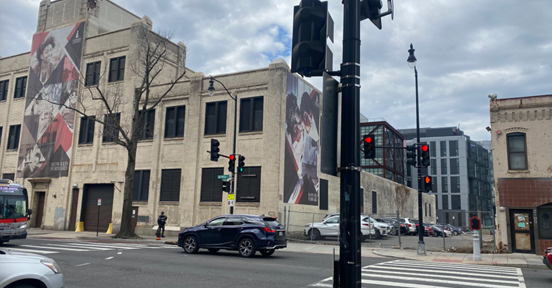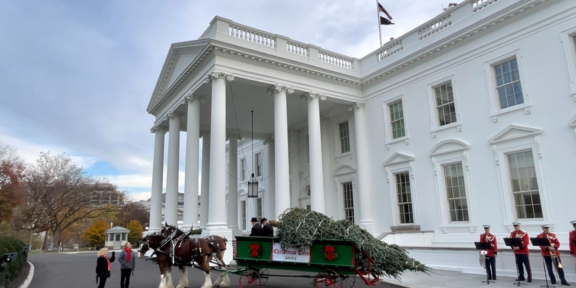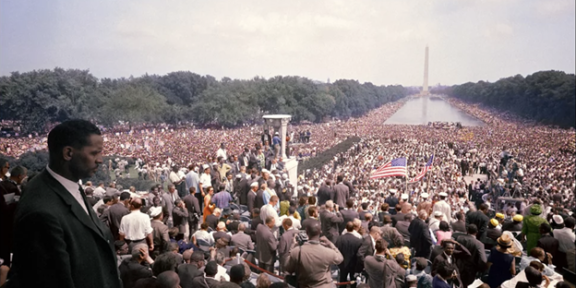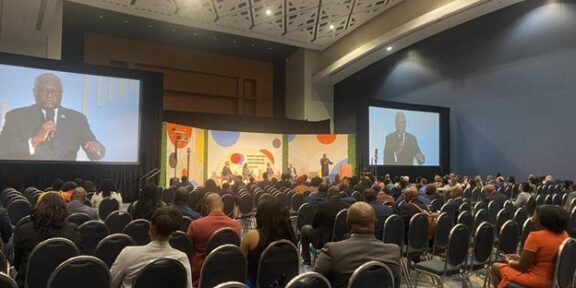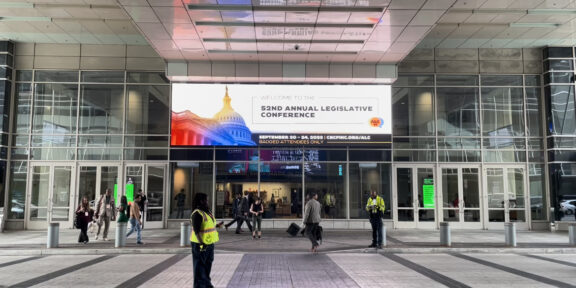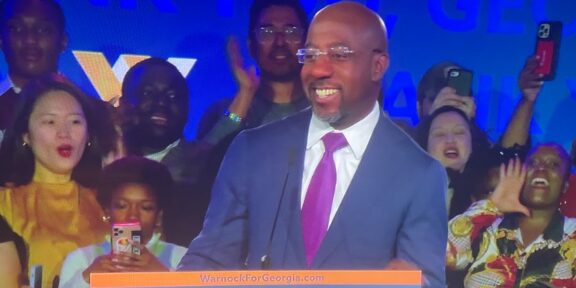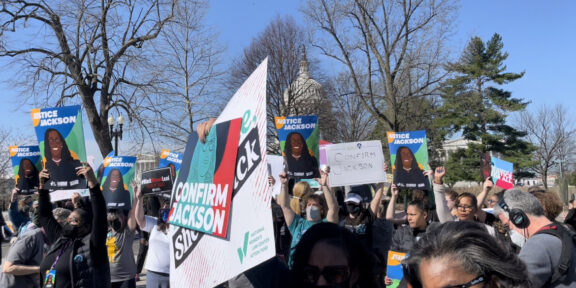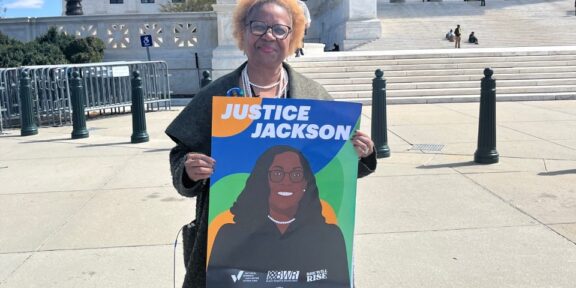By Asha Taylor
Howard University News Service
In a closely watched LBGTQ+ case, the U.S. Supreme Court voted 6-3 prohibiting the state of Colorado from forcing a web designer, Lorie Smith, to provide services to gay clients.
The decision on 303 Creative LLC v. Elenis has granted “a business open to the public a constitutional right to refuse to serve members of a protected class,” said Justice Sonia Sotomayor, one of the three dissenters in the case.
“Lorie Smith wants to expand her graphic design business, 303 Creative LLC, to include services for couples seeking wedding websites,” according to the majority opinion issued by Gorsuch on June 30, 2023. “But Ms. Smith worries that Colorado will use the Colorado Anti-Discrimination Act to compel her — in violation of the First Amendment — to create websites celebrating marriages she does not endorse.
“To clarify her rights, Ms. Smith filed a lawsuit seeking an injunction to prevent the state from forcing her to create websites celebrating marriages that defy her belief that marriage should be reserved to unions between one man and one woman.”
Kenneth Canderlaria, a D.C. native and student at George Washington University, expressed concern about the Supreme Court decision as a member of the LGBTQ+ community.
“This decision sets precedent for other businesses to discriminate against people for things that are based on their religion,” Canderlaria said. “In the United States, the definition of religion is very broad. So, being able to say, ‘I don’t wanna serve you because my religion says that you are improper,’ that means that someone can discriminate against someone for pretty much anything.”
“This is a huge setback! We’ve seen throughout the past couple of years so many hits to the rights of the LGBTQ+ community.”
Initially, Smith approached the Supreme Court on Dec. 5, 2022, in fear that Colorado’s public accommodations law would require her to treat everyone equally. The law, known as Colorado’s Anti-Discrimination Act (CADA), restricts “any place of business engaged in any sales to the public and any place offering services, facilities, privileges, advantages or accommodations to the public.”
Smith’s biases against same-sex marriages had led her to pursuing the case under the notion that the state’s law challenges her overall ability to create wedding websites. The state of Colorado, however, argues that Smith’s claim is seeking the right to discriminate against the LGBTQ+ community. The decision has widely been acknowledged as a setback for LGBTQ+ rights.
“In America, no person should face discrimination simply because of who they are or who they love,” President Biden said in a statement in response to the decision. “The Supreme Court’s disappointing decision in 303 Creative LLC v. Elenis undermines that basic truth, and painfully it comes during Pride Month when millions of Americans across the country join together to celebrate the contributions, resilience and strength of the LGBTQI+ community.”
“When one group’s dignity and equality are threatened, the promise of our democracy is threatened and we all suffer,” Biden said. “Our work to advance equal rights for everyone will continue. That is why we must pass the Equality Act, which will enshrine civil rights protections for LGBTQI+ Americans in federal law and strengthen public accommodations protections for all Americans. I urge Congress to swiftly send this legislation to my desk.”
In support of Colorado, organizations such as the American Humanist Association, the American Civil Liberties Union, the Human Rights Campaign and the League of Women Voters have issued responses. The Supreme Court has been labeled “reckless,” “misguided” and “appalling” for its decision.
“This decision by the Supreme Court is a dangerous step backward, giving some businesses the power to discriminate against people simply because of who we are,” Kelley Robinson, president of the Human Rights Campaign and the first Black, Queer woman to lead HRC, said in a statement.
“Make no mistake, this case was manufactured by the Alliance for Defending Freedom to create a new license to discriminate against LGBTQ+ people,” Robinson said, referring to Smith’s request for support from ADF. “The LGBTQ+ community is in a state of emergency where all levels of government are trying to erase us, but we will not let them erase us. We will fight back.”
The ADF is a Christian legal advocacy group that focuses on protecting freedom of speech. Its mission “advances the God-given right to live and speak the truth.”
The question of progress is being debated as the U.S. Supreme Court and state courts redefine American declarations on equal rights. This includes the Drag Ban, attacks on gender-affirming care and protection of LGBTQ+ workers in states such as Florida, Tennessee and Texas.
Asha Taylor is a reporter for HUNewsService.com.


